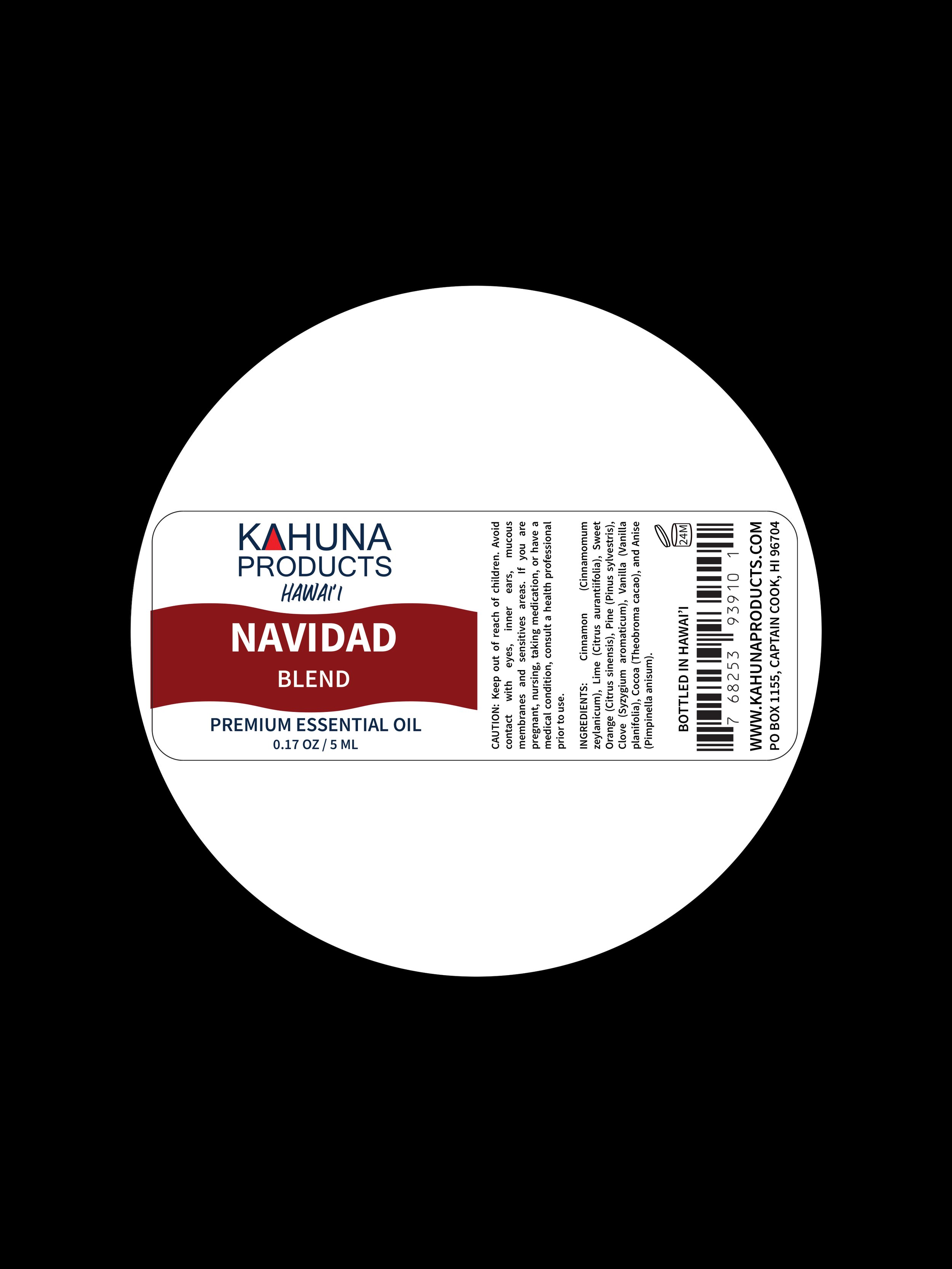 Image 1 of 2
Image 1 of 2

 Image 2 of 2
Image 2 of 2



NORWAY SPRUCE ESSENTIAL OIL
Picea abies, commonly known as Norway spruce, is a coniferous tree native to Europe and widely cultivated in various regions. While essential oils derived from Picea abies are not as well-known as some other essential oils, they do offer certain benefits and can be used in aromatherapy. Here are some potential benefits and aromatherapy uses of Picea abies essential oil:
Respiratory Support: Picea abies essential oil has a refreshing and invigorating scent that can help support respiratory health. It may help clear congestion, ease breathing difficulties, and provide relief from coughs and colds. Inhalation of the oil through diffusion or steam inhalation can be beneficial.
Mood Uplifting: The aroma of Picea abies essential oil is known to have mood-lifting and energizing properties. It can help reduce feelings of stress, anxiety, and fatigue, promoting a sense of calm and relaxation. Diffusing the oil in the air or using it in a personal inhaler can help create a positive atmosphere.
Grounding and Centering: Picea abies essential oil has a woody and earthy fragrance that can help promote grounding and a sense of stability. It may be useful in meditation practices, providing a soothing and calming effect on the mind and body. Using the oil in a diffuser or applying it topically (diluted with a carrier oil) to pulse points can aid in grounding.
Antibacterial and Antifungal Properties: Picea abies essential oil possesses natural antibacterial and antifungal properties. It can be used in cleaning products or added to homemade disinfectant sprays to help eliminate germs and inhibit the growth of fungi.
Pain Relief: The analgesic properties of Picea abies essential oil may offer relief from muscular aches, joint pain, and inflammation. When diluted with a carrier oil, it can be applied topically to the affected area for soothing relief.
As with any essential oil, it's important to use Picea abies essential oil safely. Here are a few guidelines:
Always dilute the essential oil with a suitable carrier oil before applying it to the skin.
Perform a patch test on a small area of skin to check for any adverse reactions or sensitivity before using it extensively.
Pregnant women, nursing mothers, children, and individuals with specific health conditions should consult a healthcare professional before using essential oils.
Ensure proper ventilation when diffusing essential oils to avoid excessive inhalation.
Please note that the information provided here is for educational purposes only and should not replace professional medical advice. If you have any specific health concerns or conditions, it is always advisable to consult a qualified aromatherapist or healthcare practitioner for personalized guidance.
Picea abies, commonly known as Norway spruce, is a coniferous tree native to Europe and widely cultivated in various regions. While essential oils derived from Picea abies are not as well-known as some other essential oils, they do offer certain benefits and can be used in aromatherapy. Here are some potential benefits and aromatherapy uses of Picea abies essential oil:
Respiratory Support: Picea abies essential oil has a refreshing and invigorating scent that can help support respiratory health. It may help clear congestion, ease breathing difficulties, and provide relief from coughs and colds. Inhalation of the oil through diffusion or steam inhalation can be beneficial.
Mood Uplifting: The aroma of Picea abies essential oil is known to have mood-lifting and energizing properties. It can help reduce feelings of stress, anxiety, and fatigue, promoting a sense of calm and relaxation. Diffusing the oil in the air or using it in a personal inhaler can help create a positive atmosphere.
Grounding and Centering: Picea abies essential oil has a woody and earthy fragrance that can help promote grounding and a sense of stability. It may be useful in meditation practices, providing a soothing and calming effect on the mind and body. Using the oil in a diffuser or applying it topically (diluted with a carrier oil) to pulse points can aid in grounding.
Antibacterial and Antifungal Properties: Picea abies essential oil possesses natural antibacterial and antifungal properties. It can be used in cleaning products or added to homemade disinfectant sprays to help eliminate germs and inhibit the growth of fungi.
Pain Relief: The analgesic properties of Picea abies essential oil may offer relief from muscular aches, joint pain, and inflammation. When diluted with a carrier oil, it can be applied topically to the affected area for soothing relief.
As with any essential oil, it's important to use Picea abies essential oil safely. Here are a few guidelines:
Always dilute the essential oil with a suitable carrier oil before applying it to the skin.
Perform a patch test on a small area of skin to check for any adverse reactions or sensitivity before using it extensively.
Pregnant women, nursing mothers, children, and individuals with specific health conditions should consult a healthcare professional before using essential oils.
Ensure proper ventilation when diffusing essential oils to avoid excessive inhalation.
Please note that the information provided here is for educational purposes only and should not replace professional medical advice. If you have any specific health concerns or conditions, it is always advisable to consult a qualified aromatherapist or healthcare practitioner for personalized guidance.
Picea abies, commonly known as Norway spruce, is a coniferous tree native to Europe and widely cultivated in various regions. While essential oils derived from Picea abies are not as well-known as some other essential oils, they do offer certain benefits and can be used in aromatherapy. Here are some potential benefits and aromatherapy uses of Picea abies essential oil:
Respiratory Support: Picea abies essential oil has a refreshing and invigorating scent that can help support respiratory health. It may help clear congestion, ease breathing difficulties, and provide relief from coughs and colds. Inhalation of the oil through diffusion or steam inhalation can be beneficial.
Mood Uplifting: The aroma of Picea abies essential oil is known to have mood-lifting and energizing properties. It can help reduce feelings of stress, anxiety, and fatigue, promoting a sense of calm and relaxation. Diffusing the oil in the air or using it in a personal inhaler can help create a positive atmosphere.
Grounding and Centering: Picea abies essential oil has a woody and earthy fragrance that can help promote grounding and a sense of stability. It may be useful in meditation practices, providing a soothing and calming effect on the mind and body. Using the oil in a diffuser or applying it topically (diluted with a carrier oil) to pulse points can aid in grounding.
Antibacterial and Antifungal Properties: Picea abies essential oil possesses natural antibacterial and antifungal properties. It can be used in cleaning products or added to homemade disinfectant sprays to help eliminate germs and inhibit the growth of fungi.
Pain Relief: The analgesic properties of Picea abies essential oil may offer relief from muscular aches, joint pain, and inflammation. When diluted with a carrier oil, it can be applied topically to the affected area for soothing relief.
As with any essential oil, it's important to use Picea abies essential oil safely. Here are a few guidelines:
Always dilute the essential oil with a suitable carrier oil before applying it to the skin.
Perform a patch test on a small area of skin to check for any adverse reactions or sensitivity before using it extensively.
Pregnant women, nursing mothers, children, and individuals with specific health conditions should consult a healthcare professional before using essential oils.
Ensure proper ventilation when diffusing essential oils to avoid excessive inhalation.
Please note that the information provided here is for educational purposes only and should not replace professional medical advice. If you have any specific health concerns or conditions, it is always advisable to consult a qualified aromatherapist or healthcare practitioner for personalized guidance.
-
INCI NAME: Picea Abies (Norway Spruce) Oil.
ORIGIN: Norway. Bottled in Hawai’i.
PART USED: Needles.
EXTRACTION METHOD: Steam Distilled Essential Oil.
NOTE CLASSIFICATION: Top to Middle Note.
-
Picea abies essential oil blends well with various other essential oils to create unique aromatherapy blends. Here are a few essential oils that complement the aroma of Picea abies and can be used together:
Citrus Oils: Oils like Sweet Orange (Citrus sinensis), Lemon (Citrus limon), and Bergamot (Citrus bergamia) blend well with Picea abies. The bright and uplifting scents of citrus oils can enhance the energizing and mood-lifting properties of Picea abies.
Eucalyptus Oil: Eucalyptus (Eucalyptus globulus) essential oil, with its invigorating and refreshing aroma, combines nicely with Picea abies. This blend can provide a revitalizing effect and support respiratory health.
Lavender Oil: Lavender (Lavandula angustifolia) essential oil has a calming and soothing scent that pairs well with the grounding properties of Picea abies. This combination can promote relaxation and emotional balance.
Cedarwood Oil: Cedarwood (Cedrus atlantica) essential oil has a woody and comforting aroma that complements the earthy fragrance of Picea abies. This blend can promote a sense of stability and grounding.
Frankincense Oil: Frankincense (Boswellia carterii) essential oil has a resinous and uplifting scent that can enhance the meditative and spiritual properties of Picea abies. This combination is often used in relaxation and mindfulness practices.
Pine Oil: Pine (Pinus sylvestris) essential oil shares similar woody and fresh notes with Picea abies. Blending these oils can create a forest-like aroma that promotes a sense of vitality and connection with nature.
When creating blends, it's essential to consider personal preferences and desired effects. Start with a low dilution ratio and adjust according to your liking. It's also recommended to perform a patch test before using any new blend on the skin and to consult with a qualified aromatherapist for personalized guidance, especially if you have any specific health concerns or conditions.
-
They can be inhaled directly from the bottle, diffuser, or humidifier.
They should be diluted with a carrier oil when applied to your skin. We suggest a 4% dilution rate.
You can also add them to your favorite skincare products.
Essential oils are not safe for consumption unless you are under a health practitioner's guidance.
-
100% Pure Essential Oil.
Unrefined, Undiluted, No Fillers, No Synthetics, Organic, and Sustainably sourced.
-
0.33 oz / 10 ml
Amber glass bottle with euro dropper.
-
Keep out of reach of children. The bottles are a choking hazard. Avoid contact with eyes, inner ears, mucous membranes, and sensitive areas. If you are pregnant, nursing, taking medication, or have a medical condition, consult a health professional prior to use.
Animals are more sensitive to certain scents; consider your pets while choosing essential oils.
While not all essential oils have the same effect on everyone, the key is finding which ones work best for you. You are the individual and know what is best for you. So experiment and find your path.
The products described on this website are not intended to diagnose, treat or prevent any disease or to affect any structure or function of the skin or body. The information on this website is not medical advice and is not a substitute for consulting with a healthcare provider.





